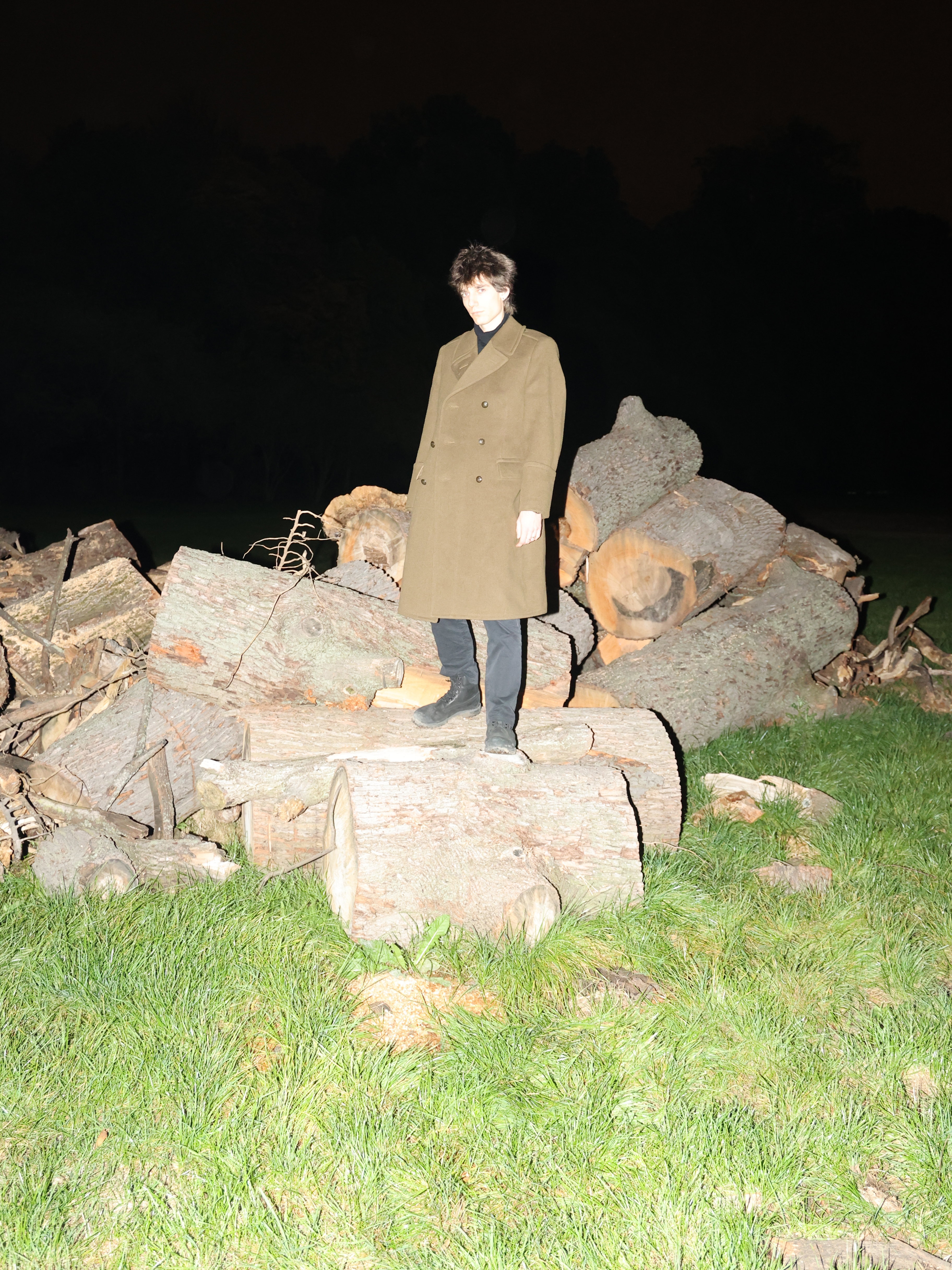2024
RZEDNIENIE/THINNING OUT



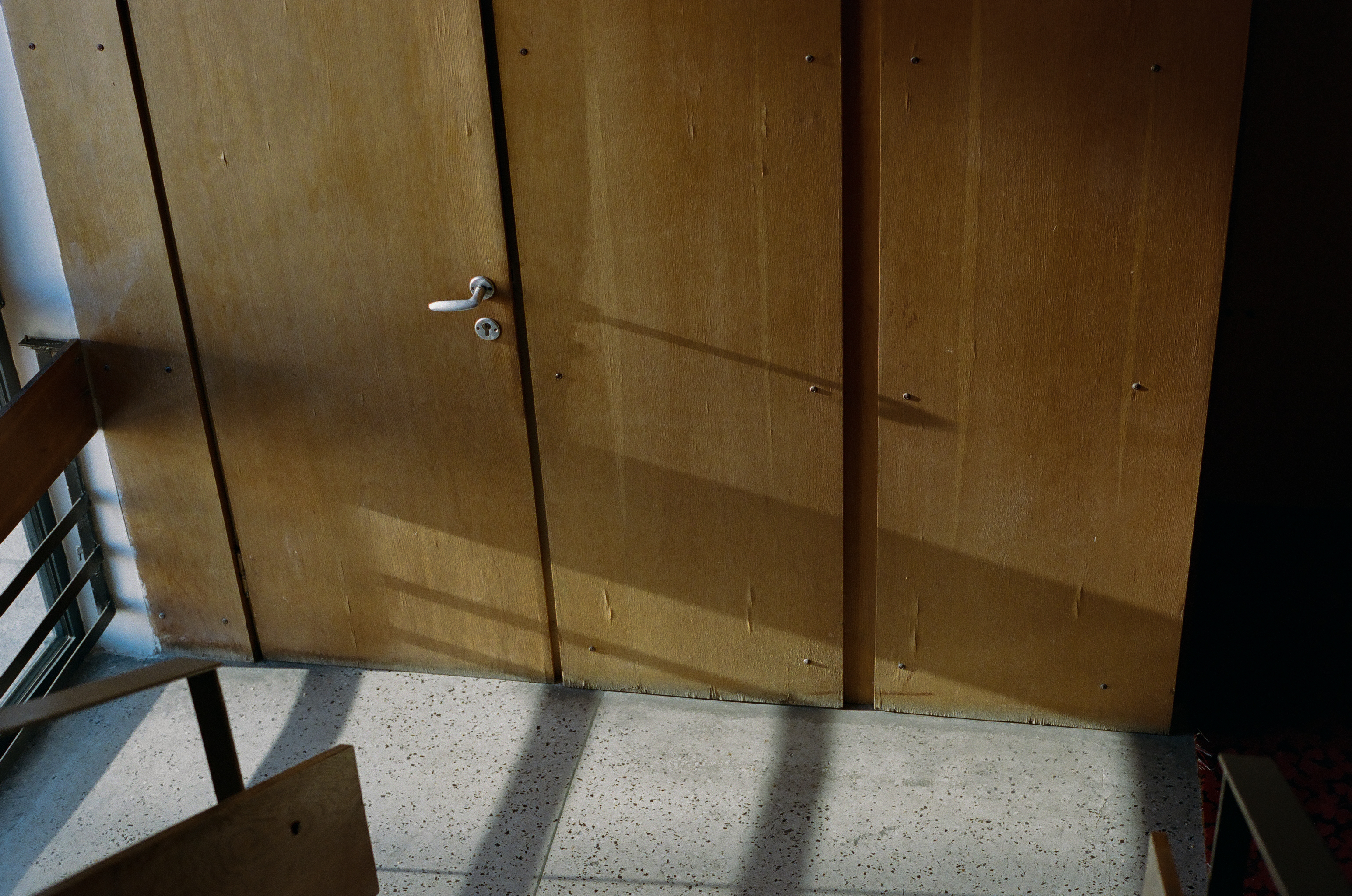
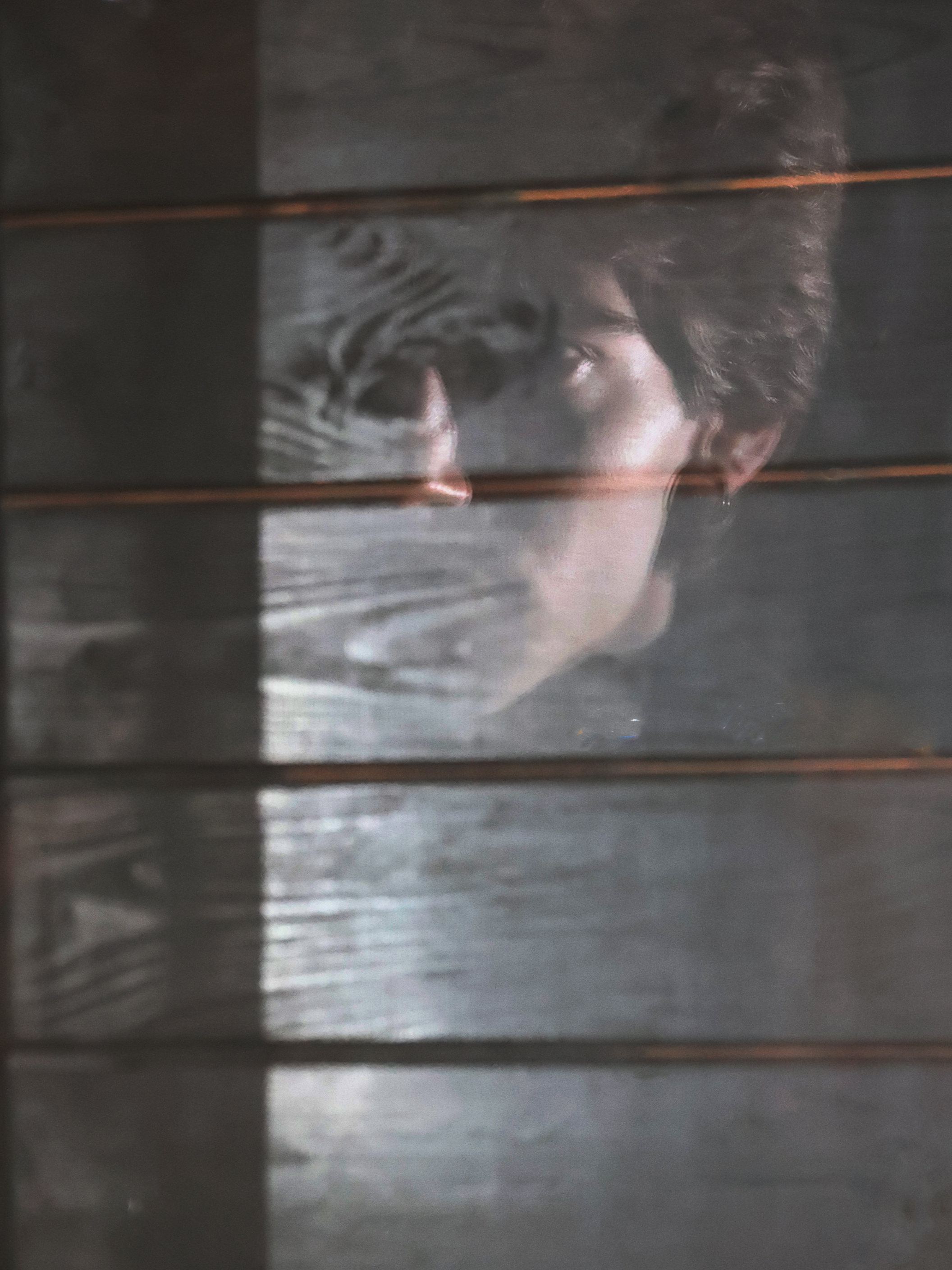
(1)
Dałem mu na zimę płaszcz wojskowy z czasów stalinizmu. Dawniej, jak był mróz na zewnątrz, żołnierz stał przy płonącym koszu przy przystanku. Stał tam i myślał. Jak się starzał, to wszystko się powoli zacierało, nie miało już za bardzo kształtu. Tylko tak ogólnie pamiętał. Jakby jakieś ulice… Jakie było ogrodzenie gdzieś na przykład, tego już nie pamiętał, co to kogo w sumie obchodzi.
I gave him a coat from back in the days of Stalin. At the time, in the freezing winter, a soldier would stand by a burning bin near a bus stop... I think there was a word for that in polish... He would stand there and think. As he’s been aging, everything seemed to get hazy and shapeless. He could only remember things vaguely. Like some streets... How some fence out there might have looked like, he couldn’t recall. Not like anyone cares about those things anyways.

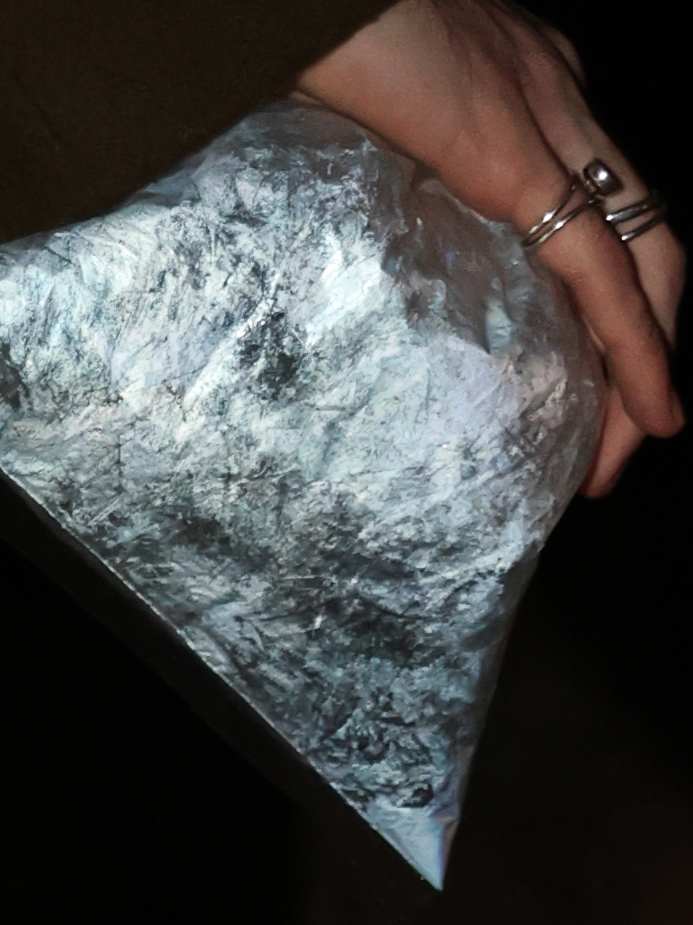




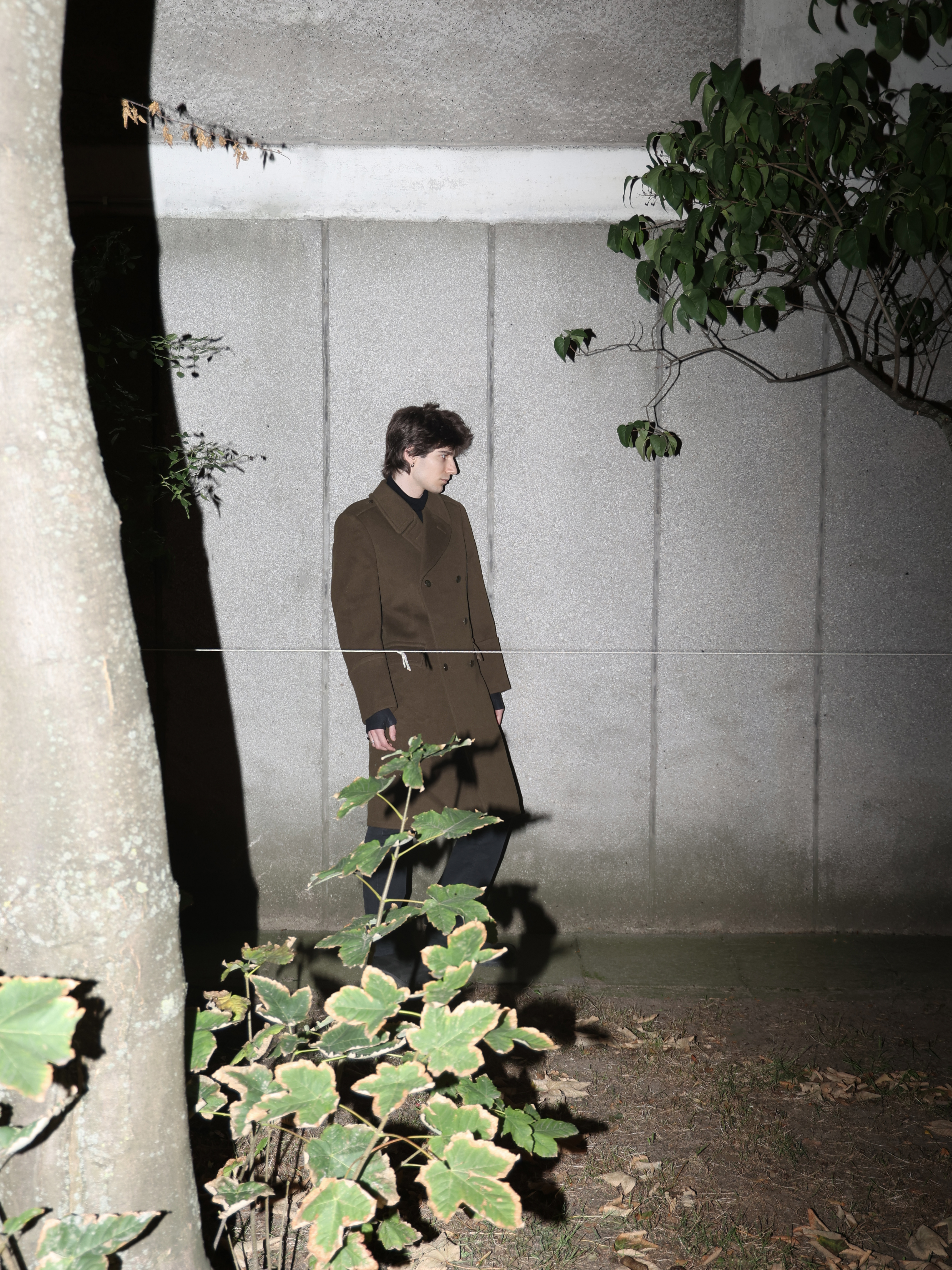
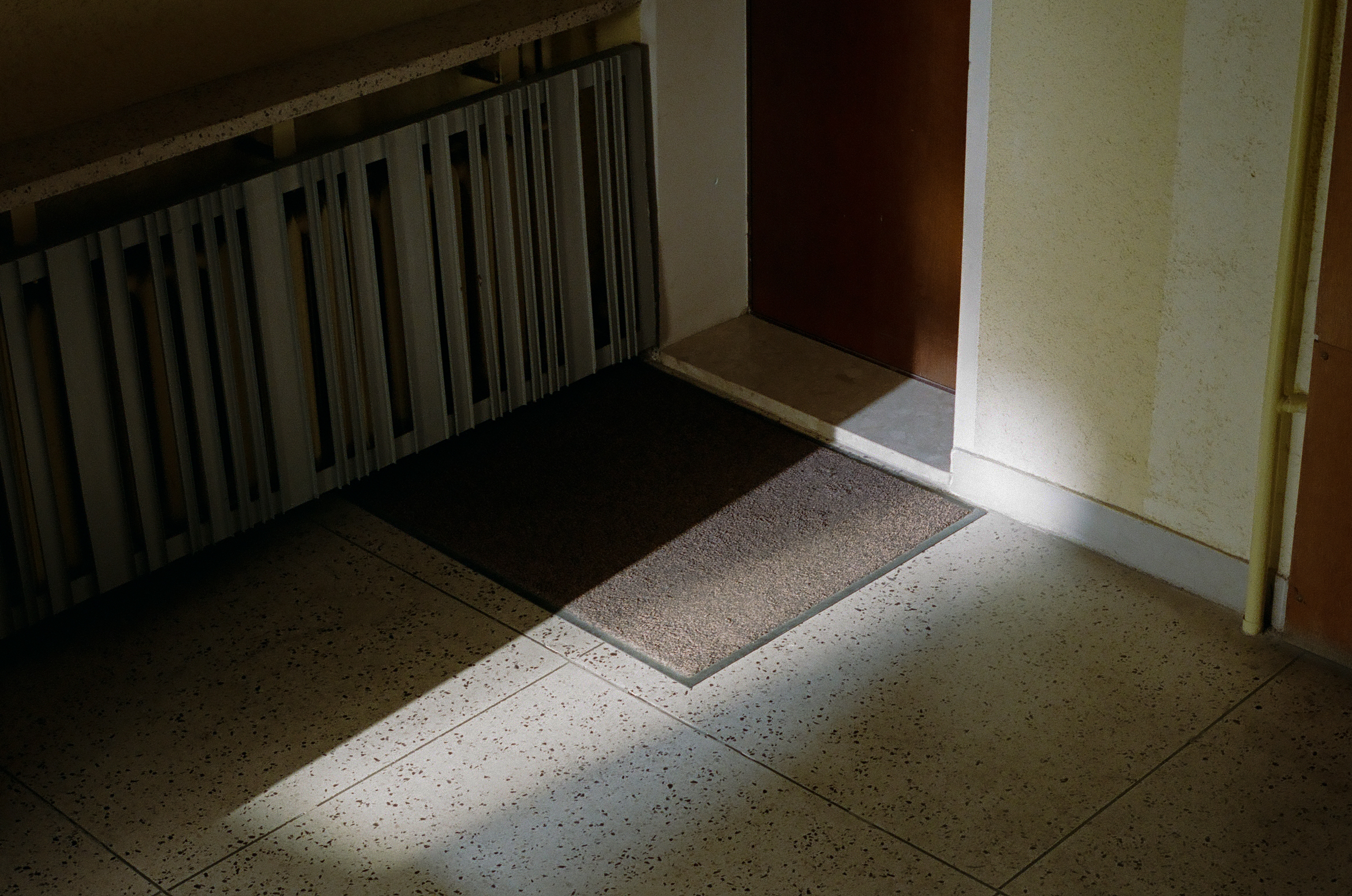
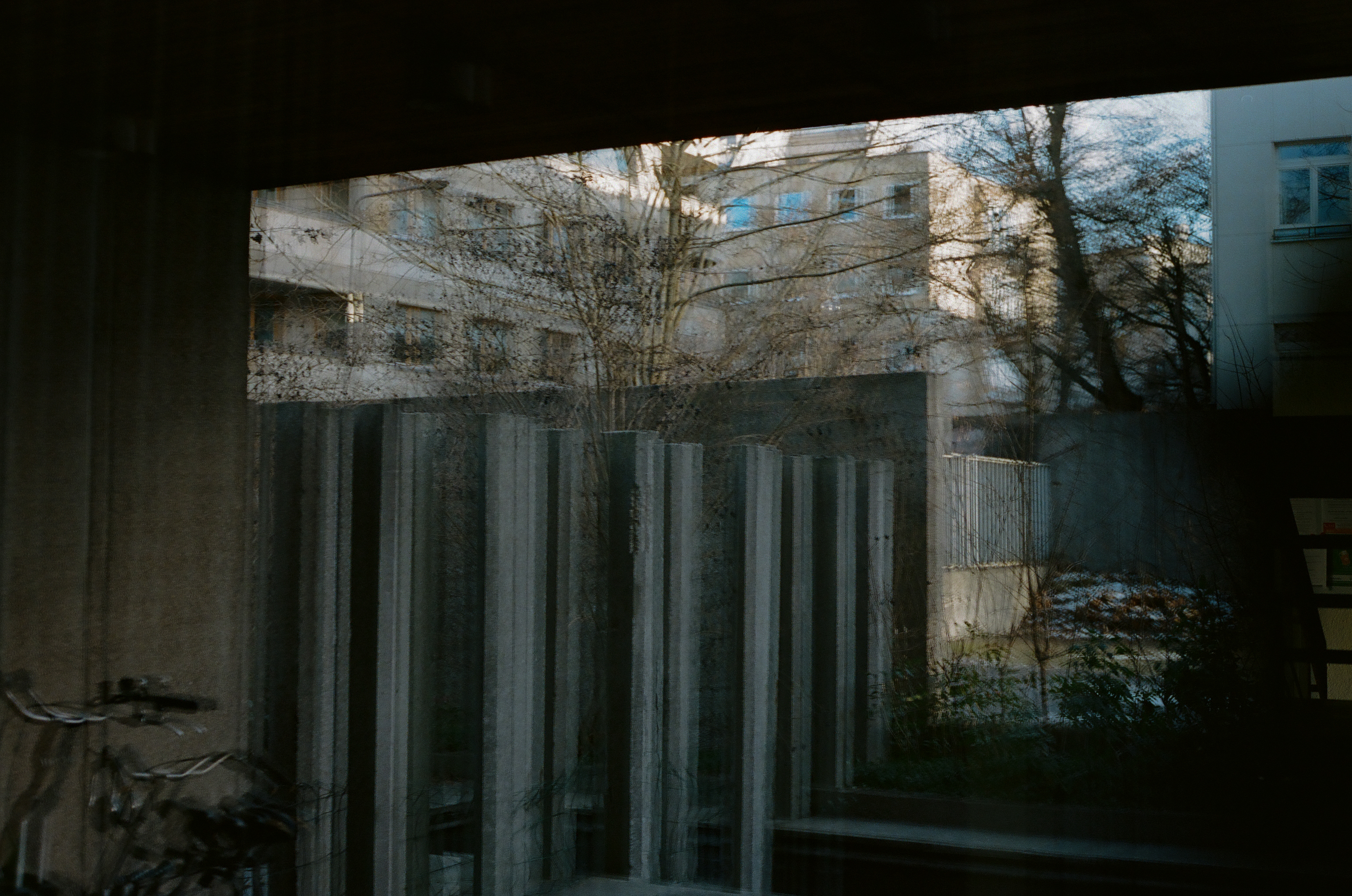


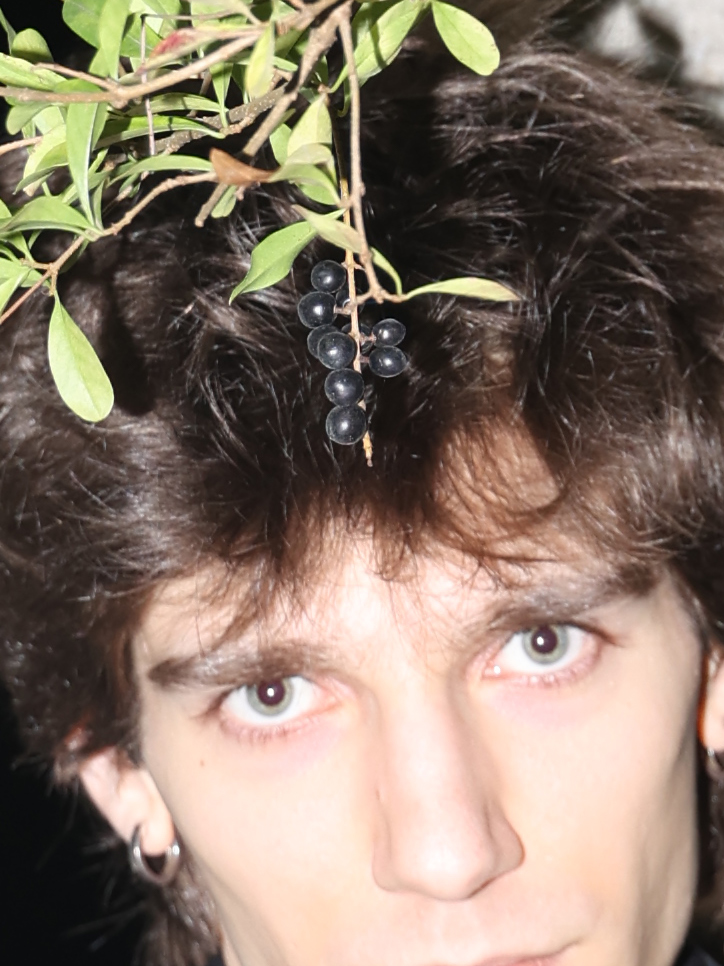
(2)
Jest taka stara kamienica blisko mojego domu… Wciskam przycisk w windzie i mijam piętra z drzwiami i historiami za tymi drzwiami. W każdym mieszkaniu jest balkon, można wpuścić powietrze – duch się wtedy zmienia, coś rzednie. Na dole rosną jeżyny. Ktoś je posadził jeszcze w komuniźmie. Klatkę ktoś inny pomalował na żółto, ale to już w dwa tysiące trzecim. Lampy kiedyś tu były takie ze szlachetnego szkła, no to dziś już jakaś taniocha z Castoramy. Żeby chociaż! Już nie wiadomo, z którego z tanich dyskontów.
There’s this old tenement house near my home... I press the lift button and pass by stories with many doors, and stories behind those doors. Every flat has its own balcony and if you open its door, you can let some air in. The flat’s essence changes then, as the air thins. There’s a blackberry bush around the house, planted by somebody back in the days of communism. The stairway has been painted yellow by some other person, but that was in 2003. In the old days, the lamps here were made of fine glass; well, now they’re form whatever cheapest chain of furniture stores.
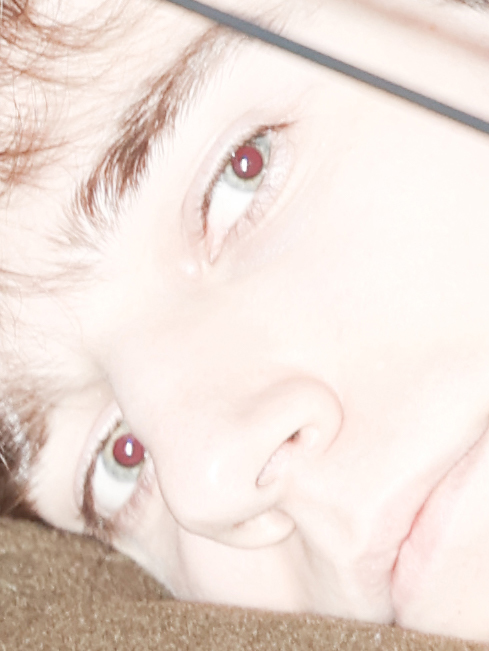


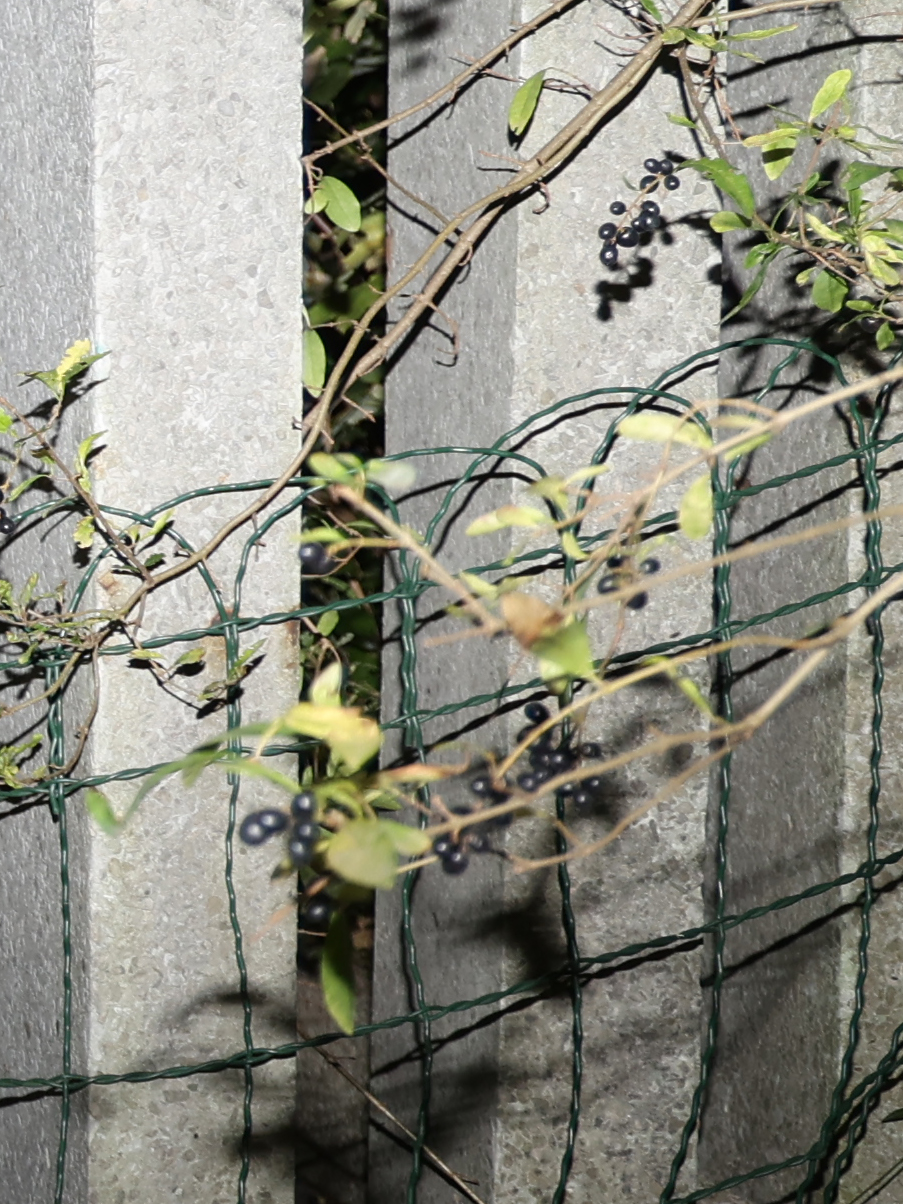

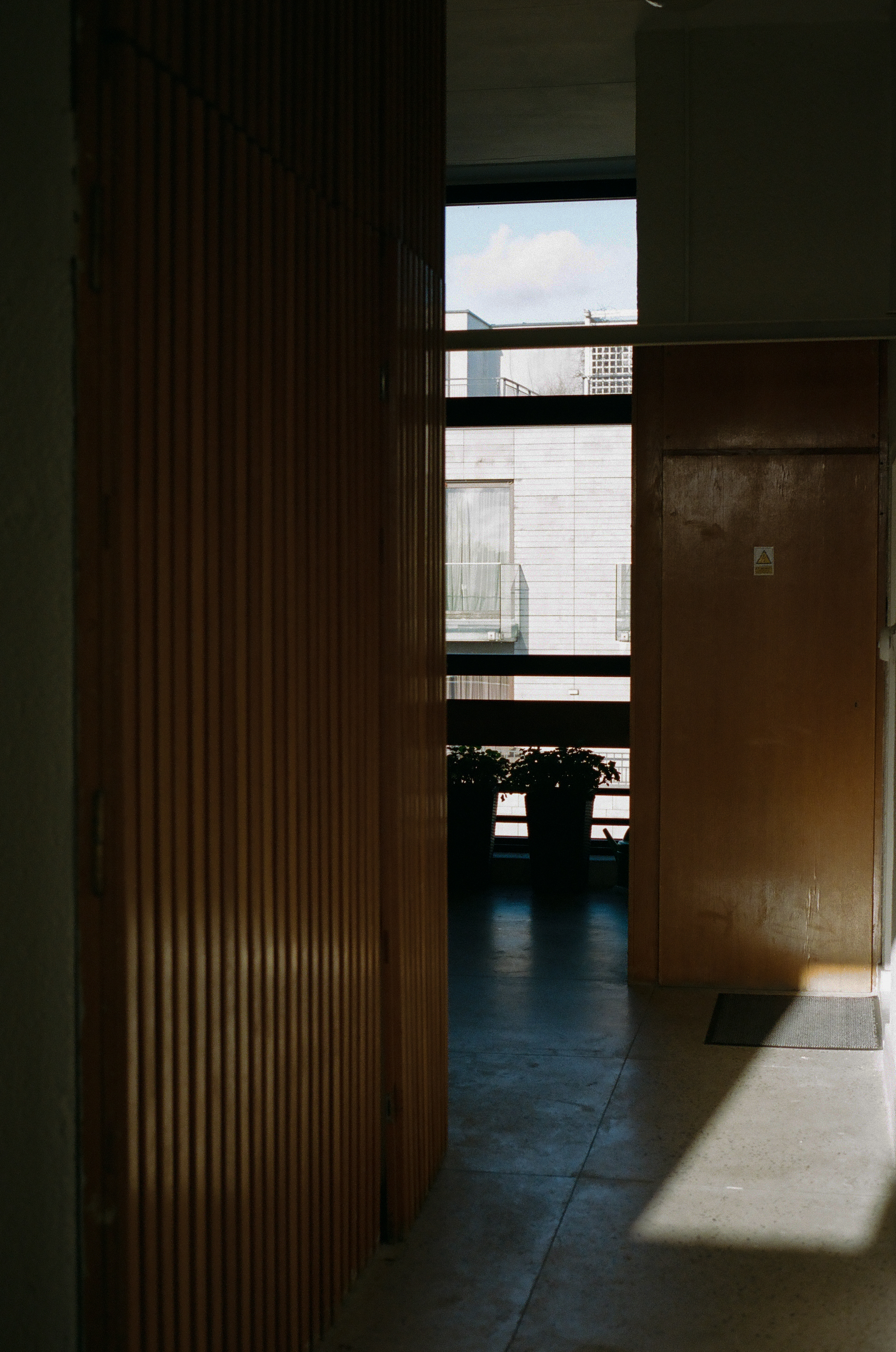
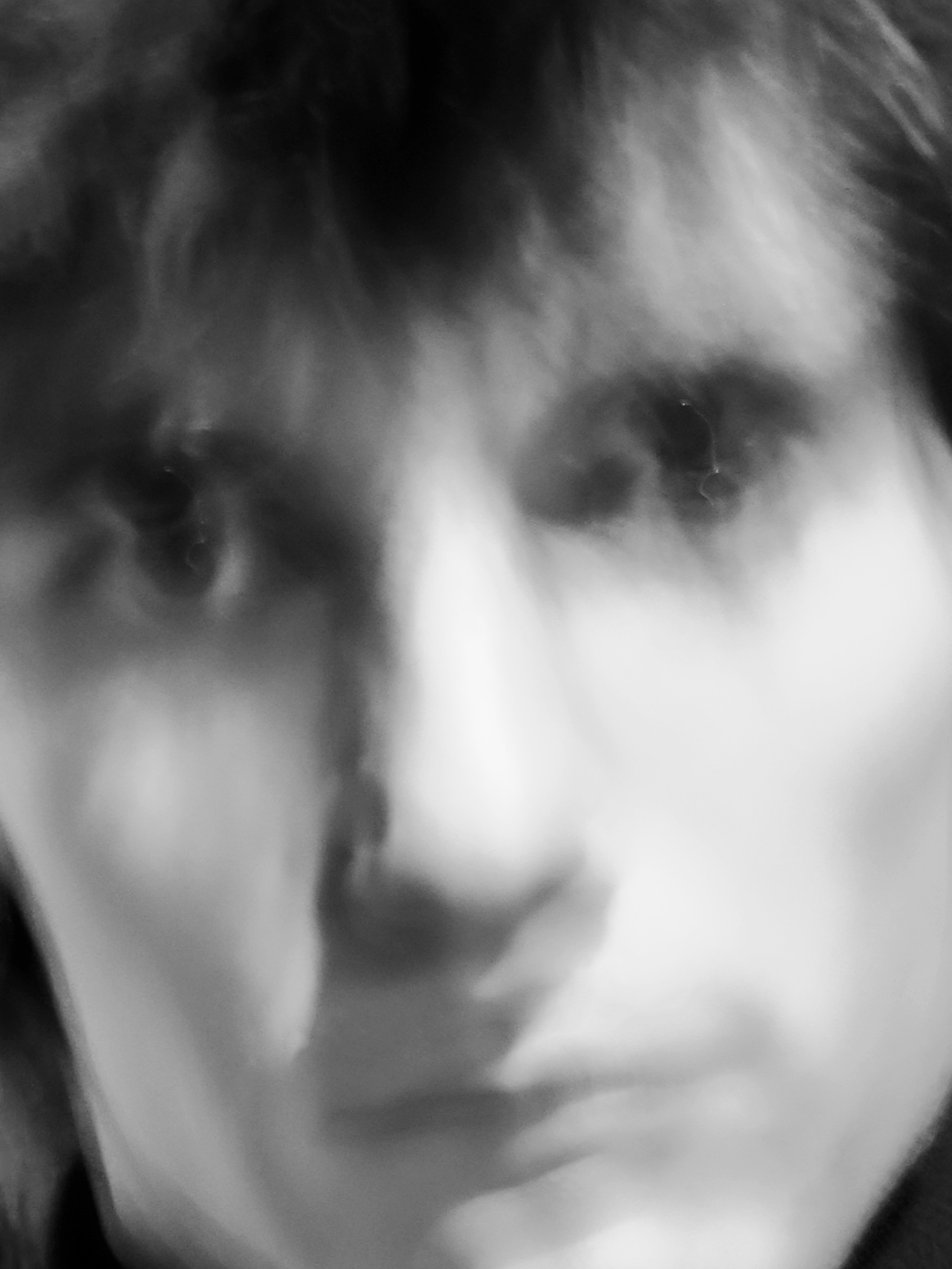
(3)
Pójdziesz na bazarek, kupisz starą kurtkę, włożysz i czasem czujesz, że pali na grzbiecie. To jest bardzo konkretne uczucie, bo jak dla odmiany włożysz kurtkę po kimś zdrowym psychicznie, to od razu kurtka jakoś dobrze leży. Zawsze patrzę na kołnierze. Na kołnierzu najwięcej się odkłada z człowieka. Ja gubię rzeczy, bo mam dużo myśli i zdarza się, że wyjdę z baru w swetrze, bo nie jest akurat tak zimno i wrócę tak do domu. I następnej zimy dopiero widzę, że kurtki nie ma.
You might go to a bazaar and buy an old jacket; you put it on and sometimes you get this burning feeling on your neck. It’s a very specific sensation – if you try on something passed on by a mentally well person, it always seems to fit nicely on your shoulders. I always look at the collar; that’s where a person leaves the most trace of themself. I keep losing things because I have a lot of thoughts and sometimes I might leave the bar in just a sweater because it’s not yet that cold. And only the next winter do I realize, the coat is gone.







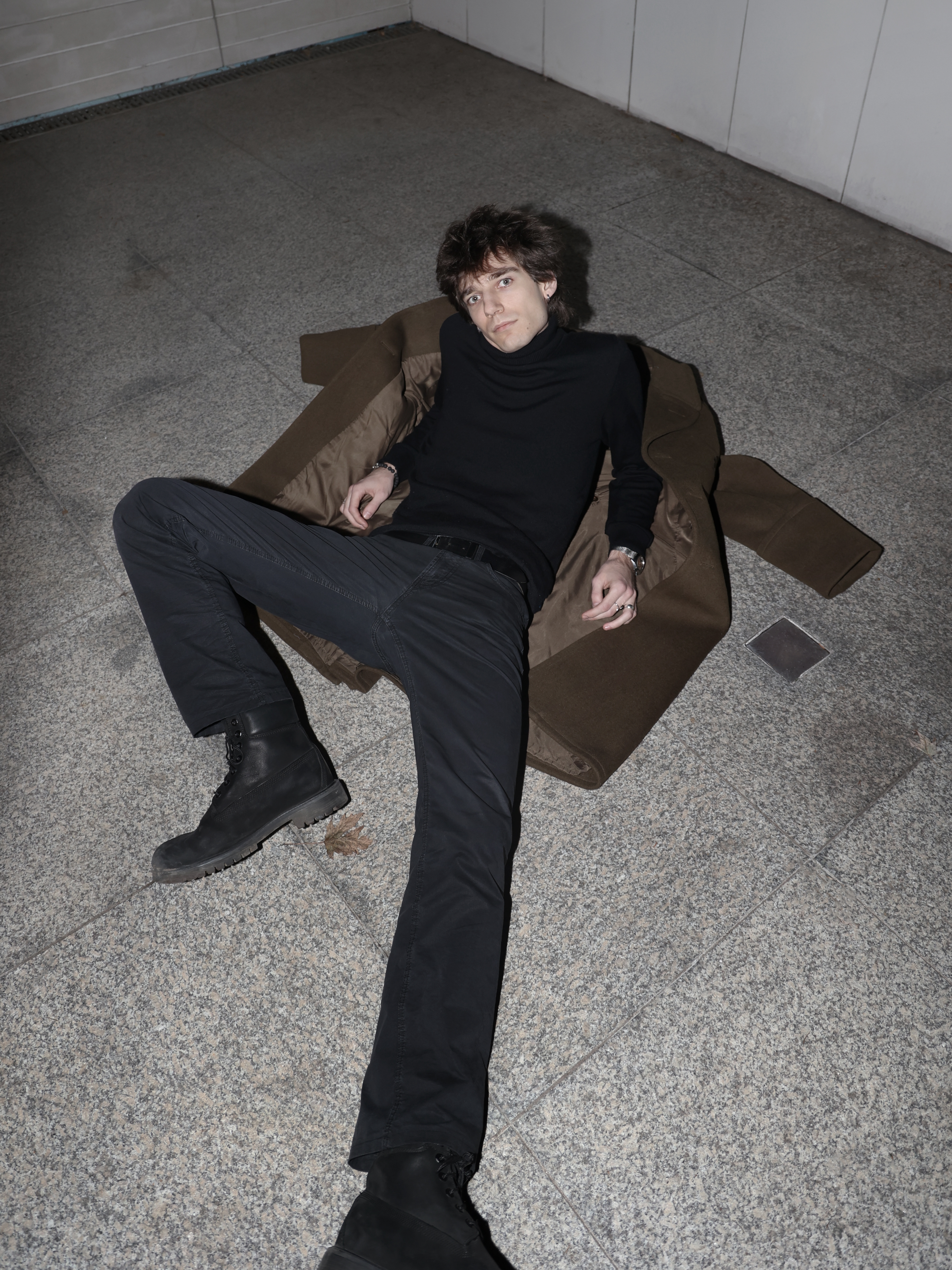
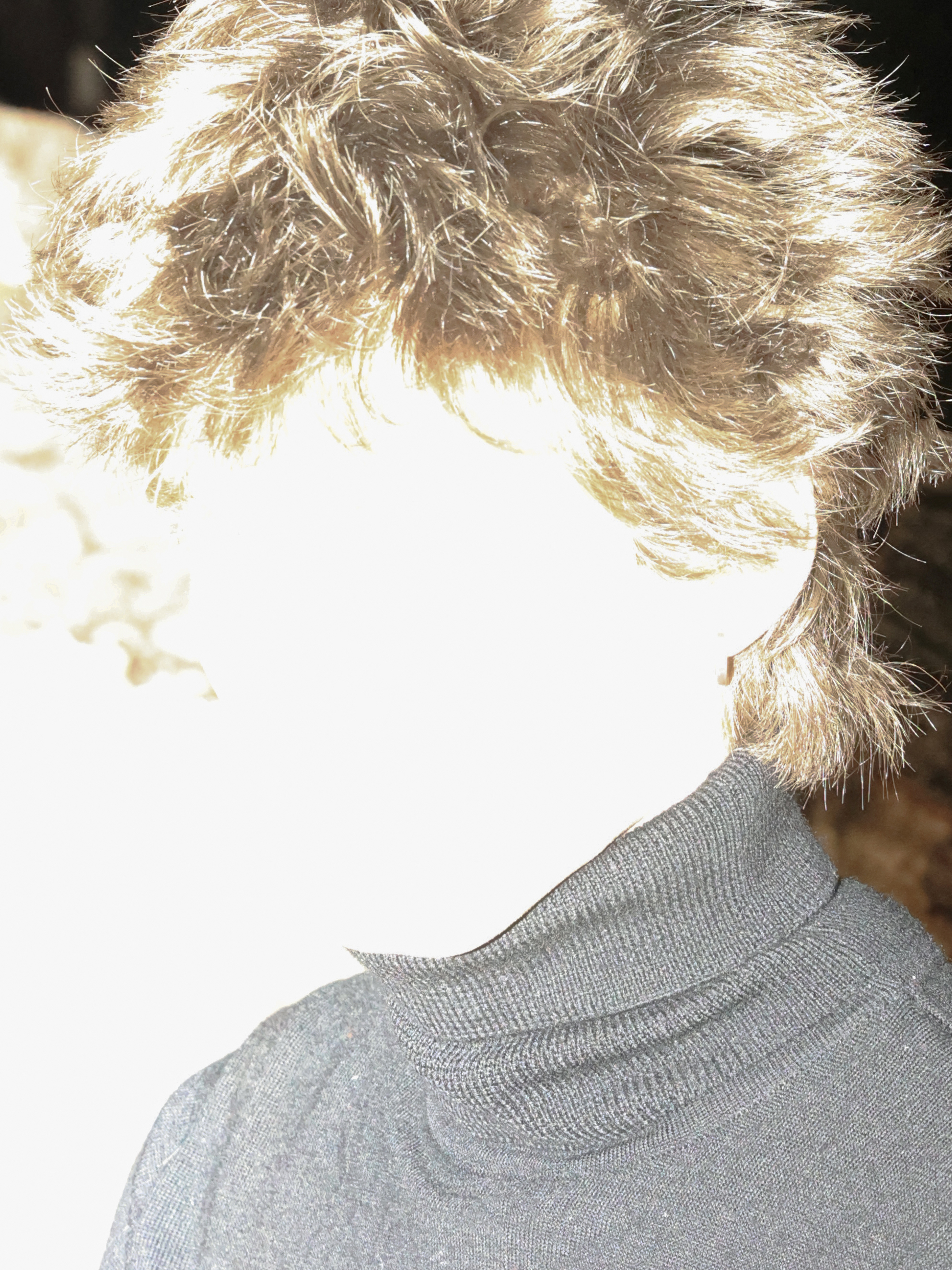
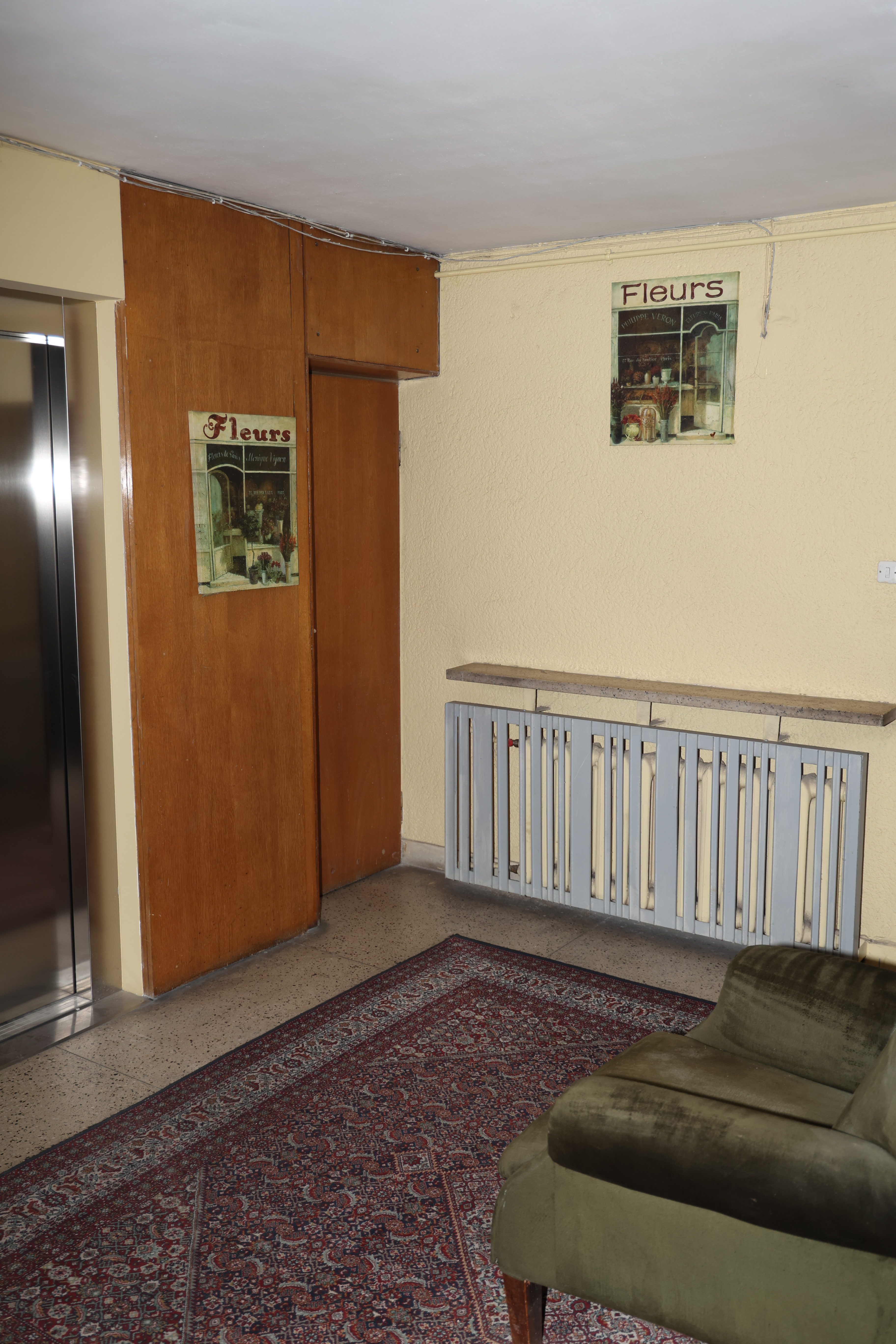


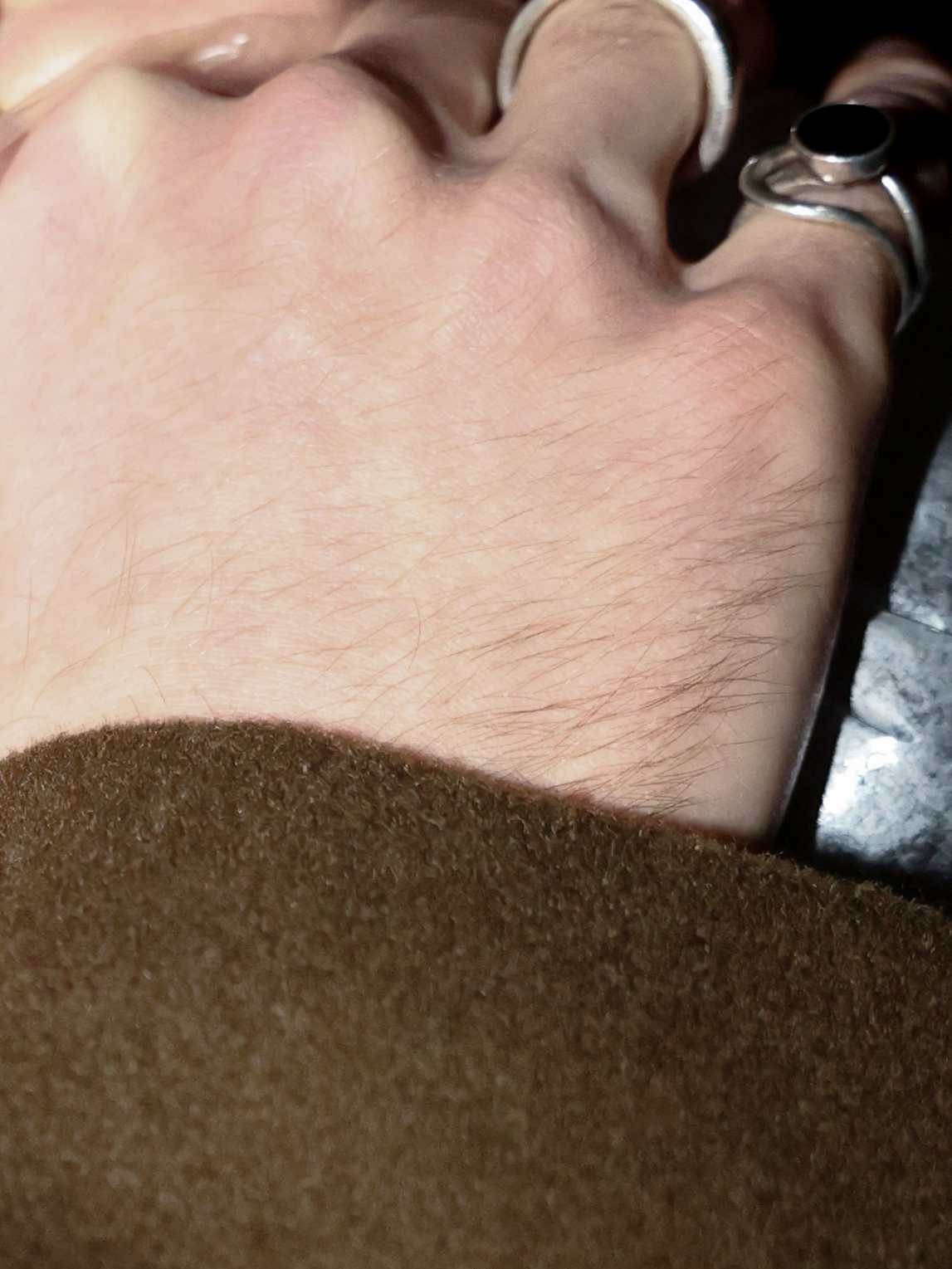
RZEDNIENIE/THINNING OUT
model: Cezary Zakrzewski
translation from Polish: Sambor Zgoda
translation from Polish: Sambor Zgoda
